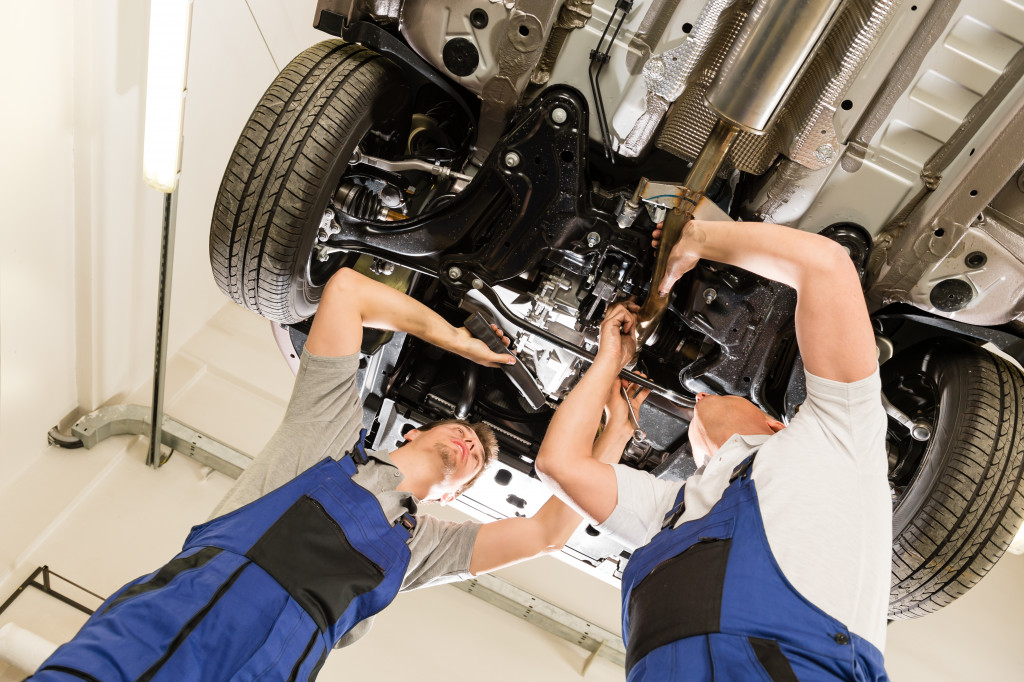Trends are part of every industry, and they play a big role in the decision-making process of businesses and consumers. When it comes to the automotive sector, trends also make a significant impact on the decisions and behavior of consumers. They determine whether a person will buy or lease a car, choose an electric vehicle over a traditional internal combustion engine (ICE) car, get a diesel engine or a gasoline engine, or go for an automatic transmission instead of a manual transmission.
As we see, these decisions are likely driven by the needs and preferences of the consumer. Trends are likely to influence consumers’ choices. Below are some trends that will affect how the future will look like for the consumers, car manufacturers, dealers, and mechanics.
The Emergence of Electric Cars
Most of us already know that electric cars are slowly gaining popularity all over the world. Who knows? They might take the automotive market by storm in the future. Among the primary purposes of electric cars are to reduce the moving parts and eliminate the need for traditional fuel.
The discovery and invention of electric vehicles is probably the biggest technological advancement the automotive industry has seen in decades. It is affecting the industry in different ways. For example, all-electric cars are more expensive than traditional ICE vehicles; therefore, not many people can afford to buy one. Auto mechanics who want to be qualified to repair electric cars need the right training to learn the ins and outs of these modern vehicles.
The Rise of Hybrid Cars
Hybrid cars are a combination of electric and traditional ICE vehicles. The electrical systems and the moving parts work together to make the car more fuel-efficient. That means most hybrid cars use both electricity and fuel to run.
The Effect of the Pandemic
The pandemic has affected the automotive industry in many ways. Many customers canceled their plan of buying a car because of the financial impact of the outbreak. Some people lost their jobs, and some businesses either pause or halt their operations. That means low sales for some automotive dealers.
Because of the quarantine and social distancing measures imposed by the governments, many car owners are finding it difficult to take their ride to a mechanic for routine maintenance or repair. The good news is that mechanics still have access to the parts they need for diesel or gasoline engine-powered vehicles these days. Many manufacturers are still producing spare parts to meet the demand of auto shops and mechanics.
Cars for Lease
Car leasing is a growing trend in the modern automotive industry. Some companies are offering leasing agreements to those who need a vehicle but don’t want to deal with depreciation and other things involved in owning a car. It’s like they are just renting the car for a certain period; let’s say, a year or two, or more.
Does it affect the car manufacturers and dealers? Yes, in some ways, but not so much. People will still need vehicles for business or personal use; they don’t want to own one. They prefer a lease contract over a sale agreement, and there’s no problem with that. Car leasing companies will still need to buy vehicles to meet the demands of their customers; therefore, carmakers will continue to produce automobiles.
The number of vehicle leasing transactions has skyrocketed in the past decade. More people prefer leasing a vehicle, and this trend is likely to continue. That means the maintenance and repair could be the responsibility of the leasing company. Unless local auto repair shops build partnerships with car leasing companies, it would be difficult for them to gain customers.
Is This the End for Auto Mechanics?

While the future looks good for electric vehicles and other technologically advanced machines, auto mechanics will still have jobs. As long as there are vehicles that run on internal combustion engines, there will be a need for regular and emergency trips to a repair shop. Even electric cars will require the skills and expertise of qualified mechanics in case they fail or break down.
These experts need to invest in training so that they can gain the knowledge and skills required to repair electric vehicles. Car manufacturers, dealers, mechanics, and consumers will learn to adapt to the changes or developments in the automotive industry.
The future is uncertain for the automotive industry, as well as the car repair sector. One thing is for sure, though: We can expect more advancements in the following years. As long as we know how to adapt, we can all survive the changes that might happen.
